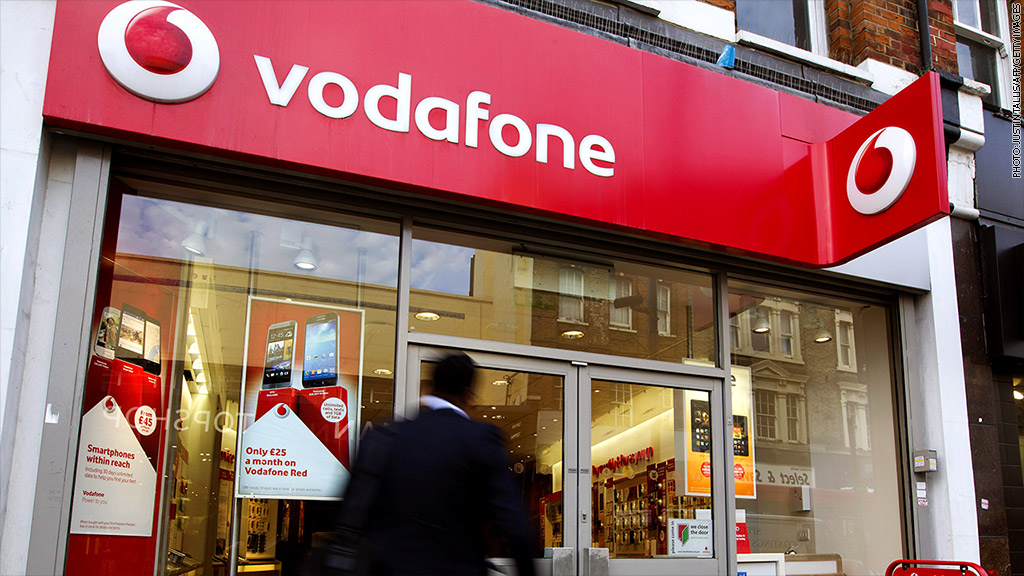
Vodafone gets it. Giving new moms paid time off is good for business.
The telecoms group is rolling out a global policy on maternity benefits -- even in countries where they are not required to do so.
Vodafone will offer at least 16 weeks maternity leave on full pay to all new mothers. And when they return to work, they'll be able to work slightly reduced hours on full pay for the first six months.
"Too many talented women leave working life because they face a difficult choice between either caring for a newborn baby or maintaining their careers," Vodafone CEO Vittorio Colao said in a statement.
Over 1,000 women working for Vodafone in countries with little or no statutory maternity care will benefit from the new policy, he added.
Maternity leave rules vary significantly across the world -- from 12 weeks of unpaid leave in the U.S., to 39 partially paid weeks in the U.K.
The U.S. is the only developed country with no guaranteed paid leave for new moms, according to the OECD.
Big companies often provide better benefits than the law requires, but few have established as generous a minimum as Vodafone across their global operations.
Vodafone (VODPF) operates in 30 countries across the world. Roughly one third of its 90,000 employees are women.
While the new rule applies to women only, it does treat biological and adoptive mothers as equal in a majority of the countries.
Related: Secrets of successful moms
While the policy looks generous, Vodafone said it will actually help it to save money.
A report by KPMG, commissioned by Vodafone, found that global businesses could save up to $19 billion per year if they adopted Vodafone's policy.
KPMG said companies spend roughly $47 billion every year recruiting and training new employees to replace women who leave the workforce after giving birth.
Offering 16 weeks paid maternity leave would cost only $28 billion a year, the report said.

